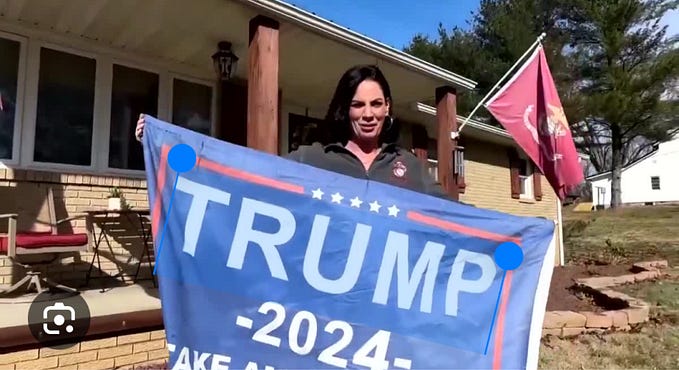Major Ownership Anniversary

For the first 60 years of the Phillies franchise, 10 different groups owned the team. The revolving door finally ended after the 1943 season.
Gerry Nugent, who became the owner in 1932, was so financially unstable that the National League intervened, forcing Nugent to sell the team to William Cox, a successful New York lumber company businessman who headed a 30-man syndicate. He took control of the Phillies when spring training started in March of 1943. Later that season, word got out that Cox had bet on Phillies games. Following a lengthy investigation by Major League Baseball, Cox was banned from the sport.
On this date (November 23) in 1943, R. R. M. Carpenter Sr., a vice president of the du Pont Company in Wilmington, purchased the team for a reported $400,000 and named his son, R. R. M. (Bob) Carpenter Jr., president. At 28, Bob Carpenter was the youngest National League team president ever.
Facing military duty, Bob Carpenter announced, “We will hire someone to run the club. He’ll be in full charge of the baseball affairs.”
Taking over a club that finished 64–90, 41 games out of first place and an organization with one scout and a minor league system of two teams, Bob Carpenter proclaimed, “The first thing is building a farm system. We’re not going to beat anybody’s brains out by trying to get a good club right off the bat. But we are going to start working on one systematically. It may take five years to produce results.”
Eight days into his new role, Bob Carpenter hired a general manager, a friend from Kennett Square and a former great pitcher of 22 years in the majors, Herb Pennock. “He’s the boss, the chief cook, bottle washer and everything else,” said Bob Carpenter. Pennock had been head of the Boston Red Sox farm system at the time Carpenter hired him. In March of 1944, Bob Carpenter was drafted into the Army. He served until 1946, leaving Pennock to carry out the plan.
Within four years, the Phillies had doled out bonuses amounting to $1,250,000, including $65,000 to Curt Simmons and $25,000 to Robin Roberts. Meanwhile, the skimpy scouting staff expanded to nine, and the minor league system in 1947 consisted of 11 teams. A year later, 15 minor league affiliates.
Pennock died unexpectedly on Jan. 30, 1948, at age 53, leaving Bob Carpenter completely in charge. Bob Carpenter was named the Major League Executive of The Year by The Sporting News in 1949 after a third-place finish, the first winning season for the Phillies since 1932.
On the last day of the 1950 season, the master plan produced a National League pennant winner. A bunch of young, home-grown players, nicknamed the Whiz Kids, brought an NL pennant to Philadelphia for the first time since 1915. Despite a young core, that included future Hall of Famers in center fielder Richie Ashburn and right-handed pitcher Robin Roberts, the Whiz Kids never won another pennant.
Following the organization’s first World Championship in 1980, the Carpenter family, with R. R. M. (Ruly) Carpenter III as president, made a difficult decision.
As spring training in 1981 was about to begin in Clearwater, Fla., Ruly Carpenter called for a meeting with the players and front office executives in the Carpenter Field clubhouse. To the surprise of everyone, he announced the team was going to be sold. That fall, a group headed by Bill Giles, the Phillies Executive Vice President, purchased the ballclub.
Thirty-eight years under one ownership was a far cry from the early years of a franchise that has been around since 1883. The Carpenter family had established continuity and stability for not only the Phillies, but all the pro sports teams in Philadelphia
(Photo caption, left to right: Robert Carpenter, Jr., Robert Carpenter, Sr., Baseball Commission Kennesaw Landis, William Harridge, President of the American League, and Ford Frick, President of the National League.) Bob Warrington file.







